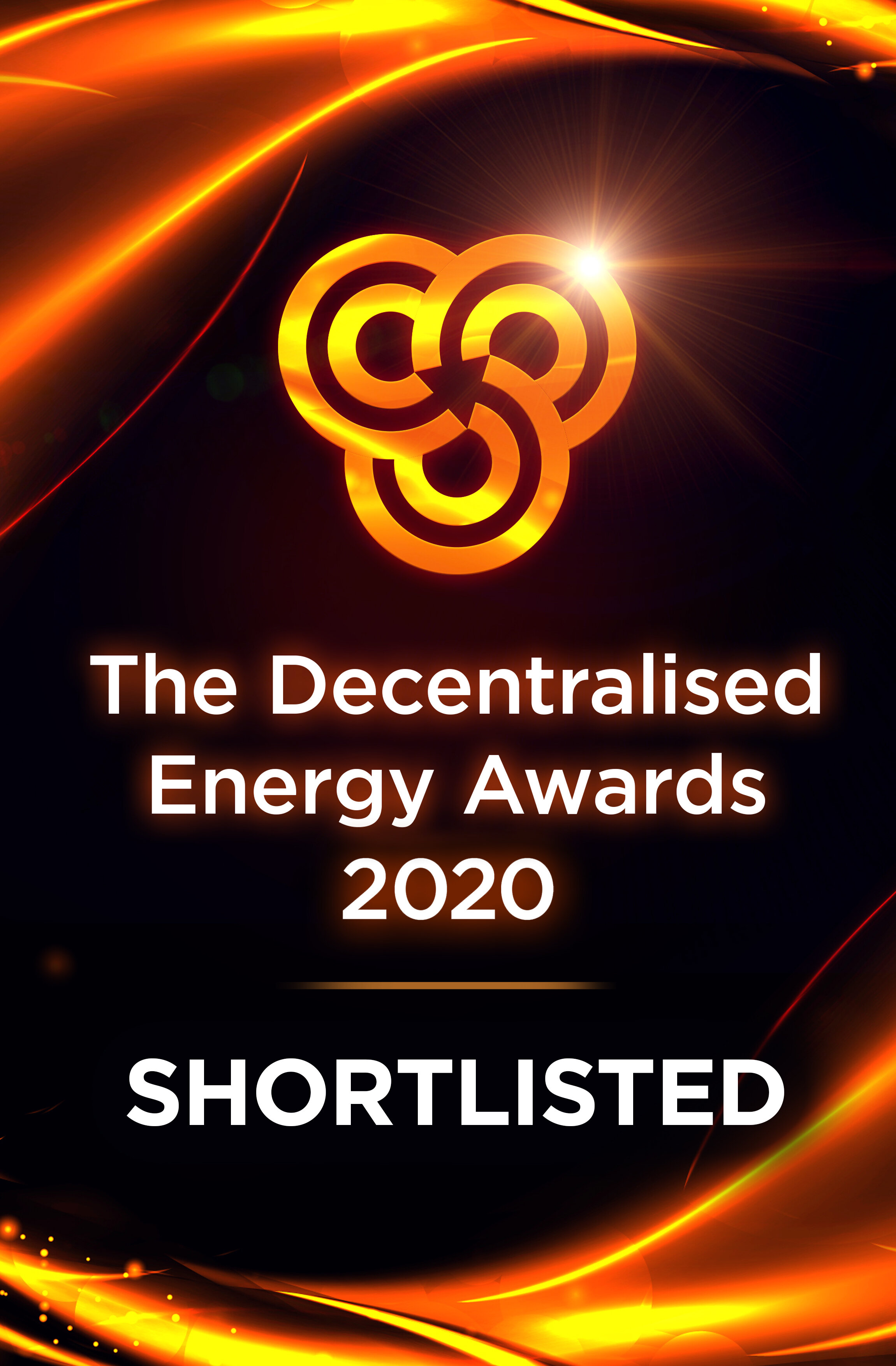Recent gas and power prices have masked quite a change in how the Government is thinking about energy. Although energy prices are the lowest since 2003 this is not good news for energy buyers in the medium term.
For some time DECC has been forecasting a steady annual increase of £2-£3 per MWh for the non-wholesale component of power. This component is now well over 50% for most energy users, which is why the power price falls have been nowhere near the reduction in the price of gas.
And now Amber Rudd’s recent Energy Policy Reset speech makes it clear that wholesale energy prices are also likely to rise in the medium term.
The key themes in the Government’s new energy policy consist of:
· Forced retiring of coal power stations, taking capacity out of the system
· Significantly reduced deployment of large-scale renewables – delaying additional capacity
· Favour granted to gas-powered stations but no clear mechanism how they will be encouraged
As the UK population continues to grow and the more electric transport we use, the gap between supply and demand will continue to close. Indeed, a recent report published by the Institution of Mechanical Engineers (IMechE) concludes that “under current policy it is almost impossible for UK electricity demand to be met by 2025.”
The report goes on to list a set of eminently sensible recommendations which include:
- Providing incentives to reduce demand
- More investment in R&D for renewables and storage
- Setting timescales and milestones for the build-out of new generation capacity.
However, these all need several years to take effect and the report concludes that a 10-year timeframe to deliver new power to the grid is very difficult. Indeed, the IMechE says, “Current energy policy can be seen as a move away from energy security.”
So what’s an energy-intensive company to do?
At BasePower we say do the following:
· First, get as good an idea as you can of where and how you use your energy – power, gas and other fuel. You can only manage what you can measure.
· Next, use the current windfall you’re getting from depressed energy prices to invest in some energy efficiency measures. The simplest of these, such as LED lighting, have fast paybacks, can be readily financed, and will give your organisation valuable skills in assessing, deploying and benefitting from efficiency projects.
· Finally, if your annual energy spend on any one site is in excess of £500,000 consider whether you can host a CHP project. CHP engines’ electrical efficiency alone is higher than coal-fired power stations, heat exchangers are efficient and inexpensive and – if you’re more of a user of cooling – an absorption chiller can turn every unit of unwanted heat into the same quantity of chilled water.
So don’t get fooled by today’s low energy prices. Invest some of that energy windfall in avoiding tomorrow’s rising costs.









